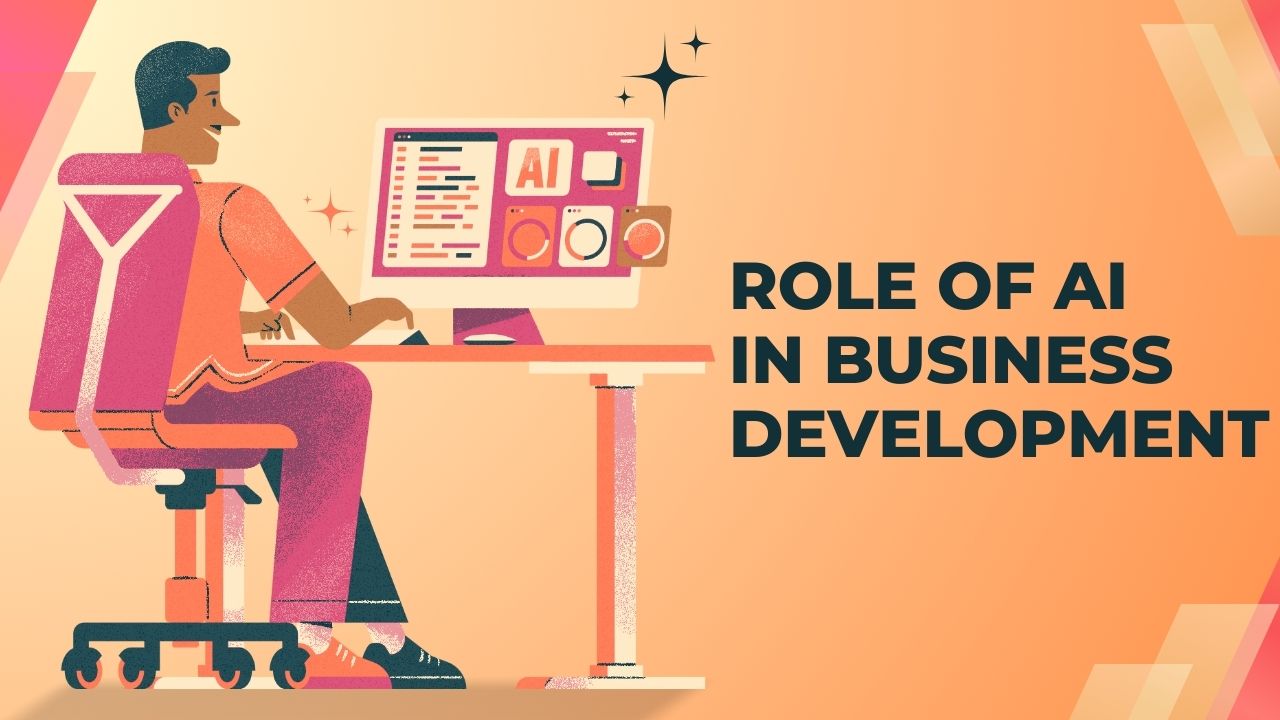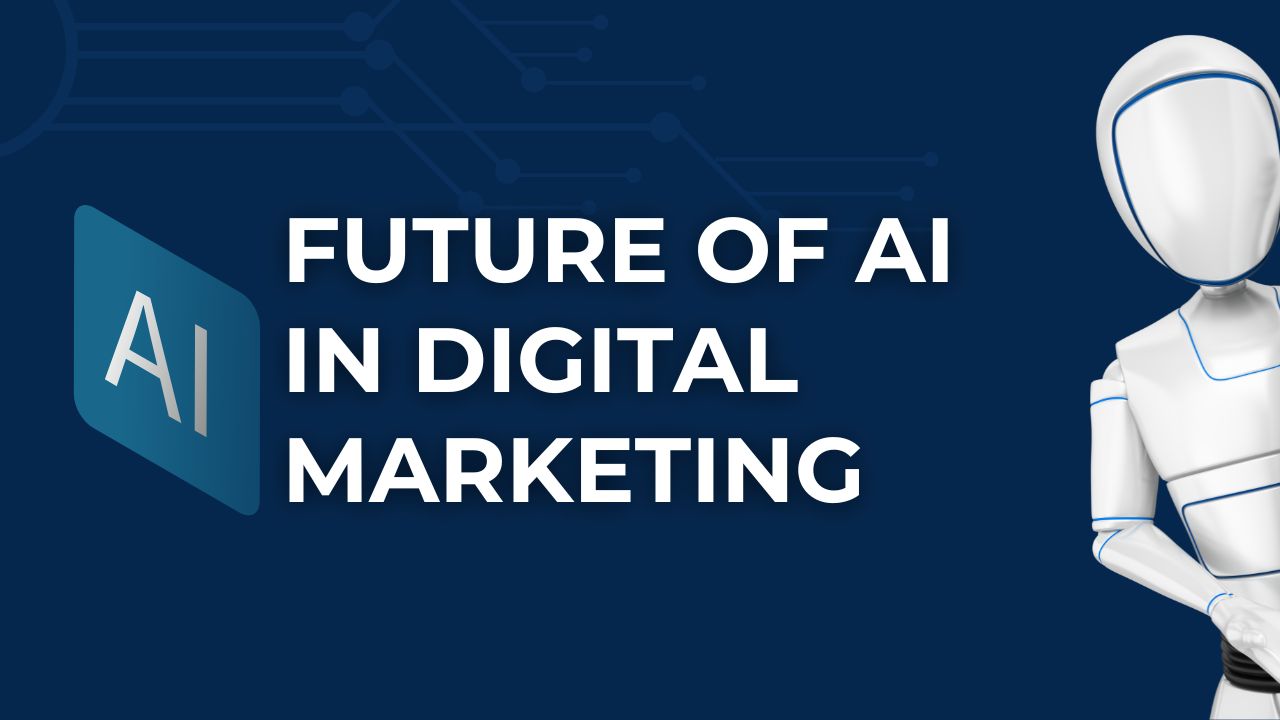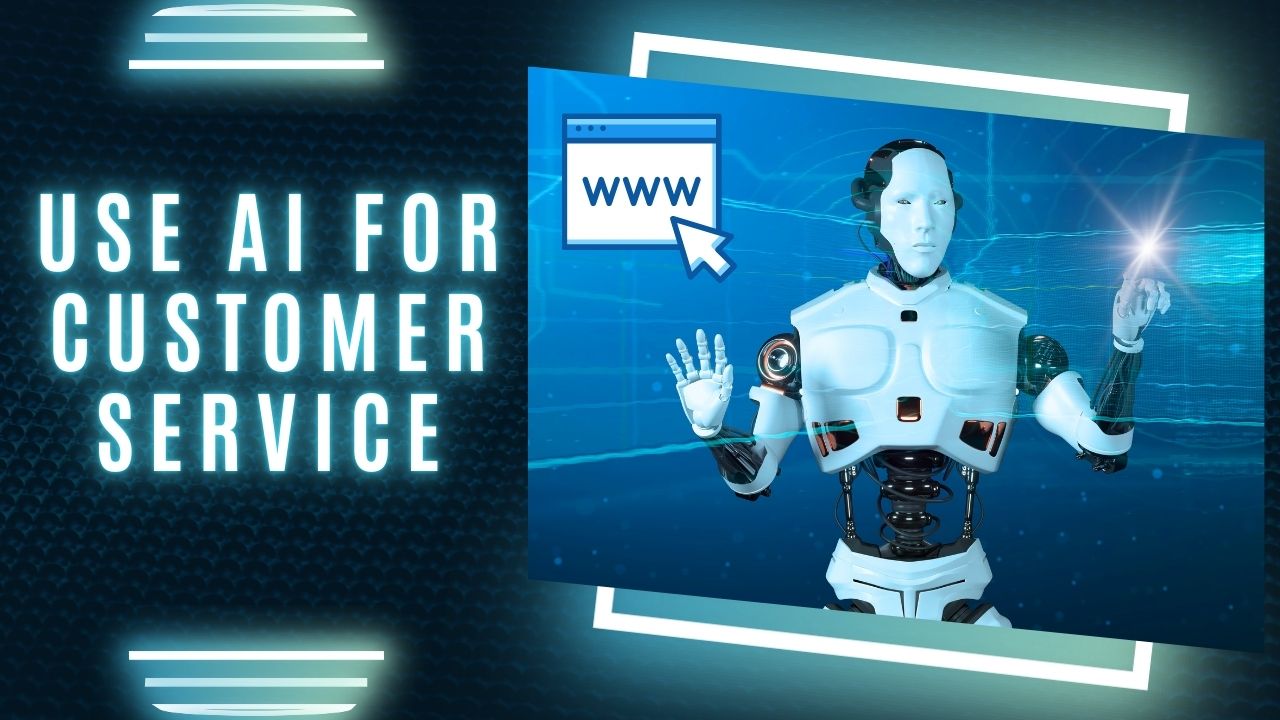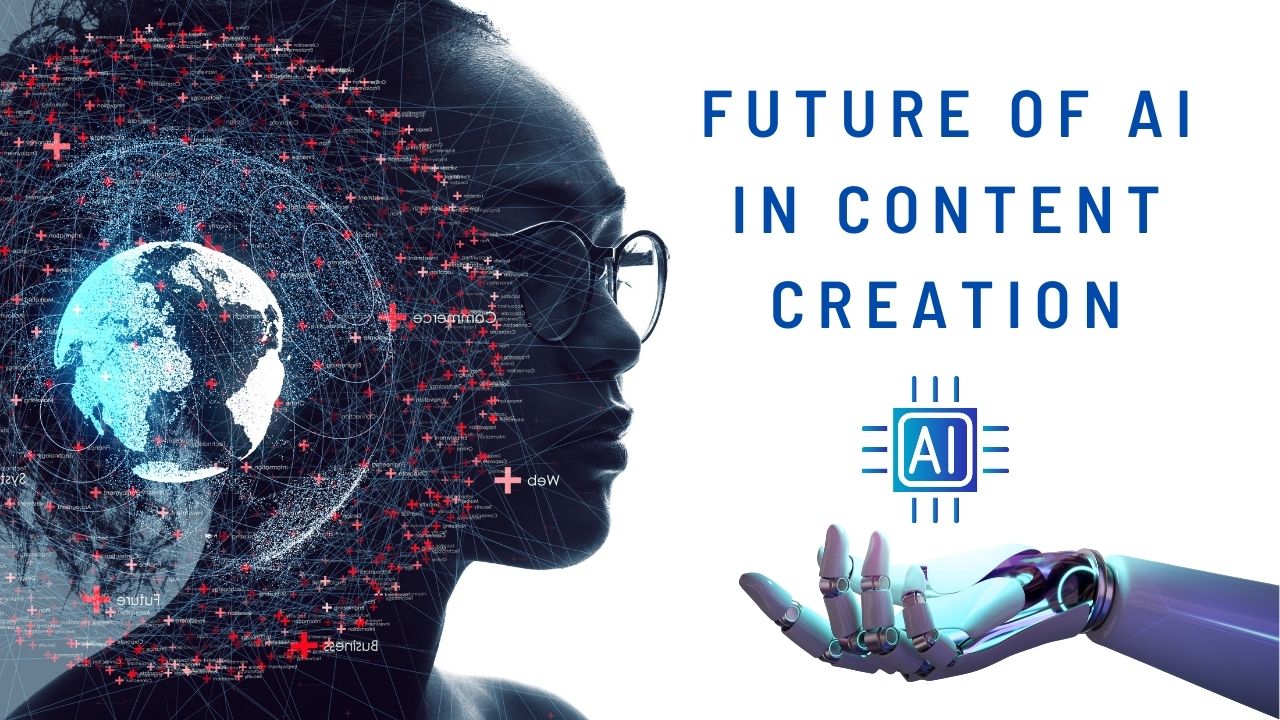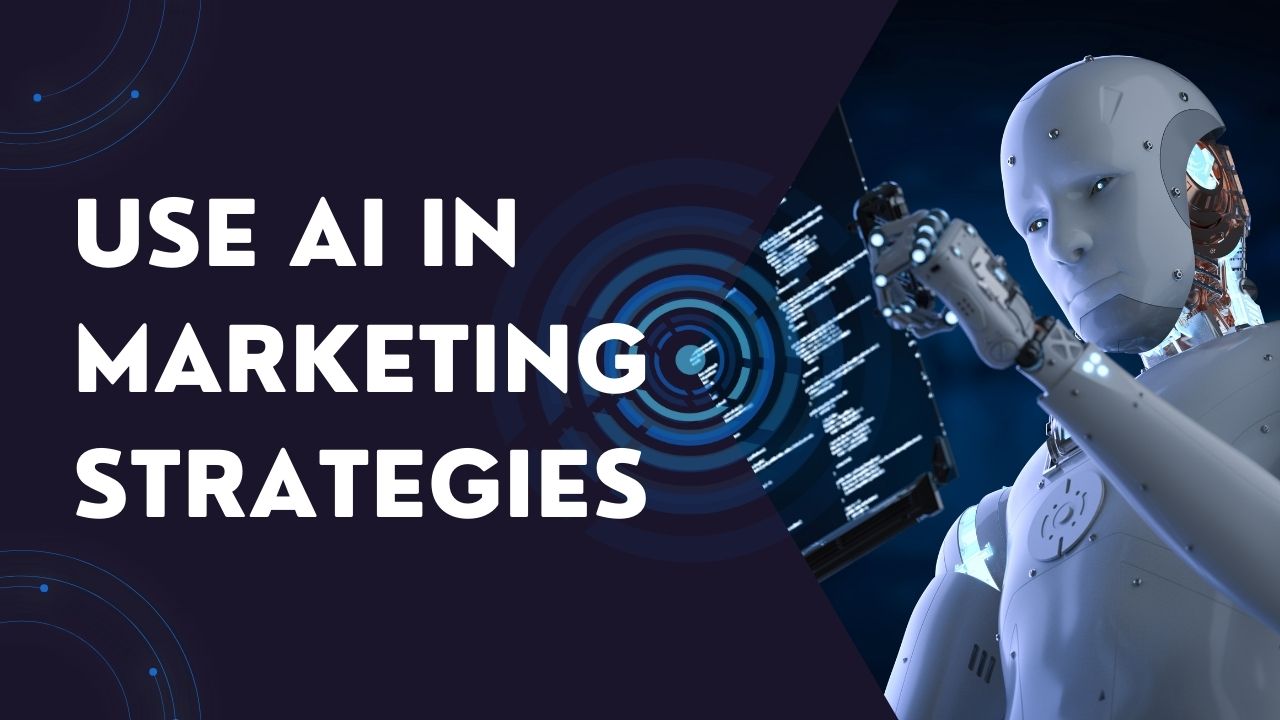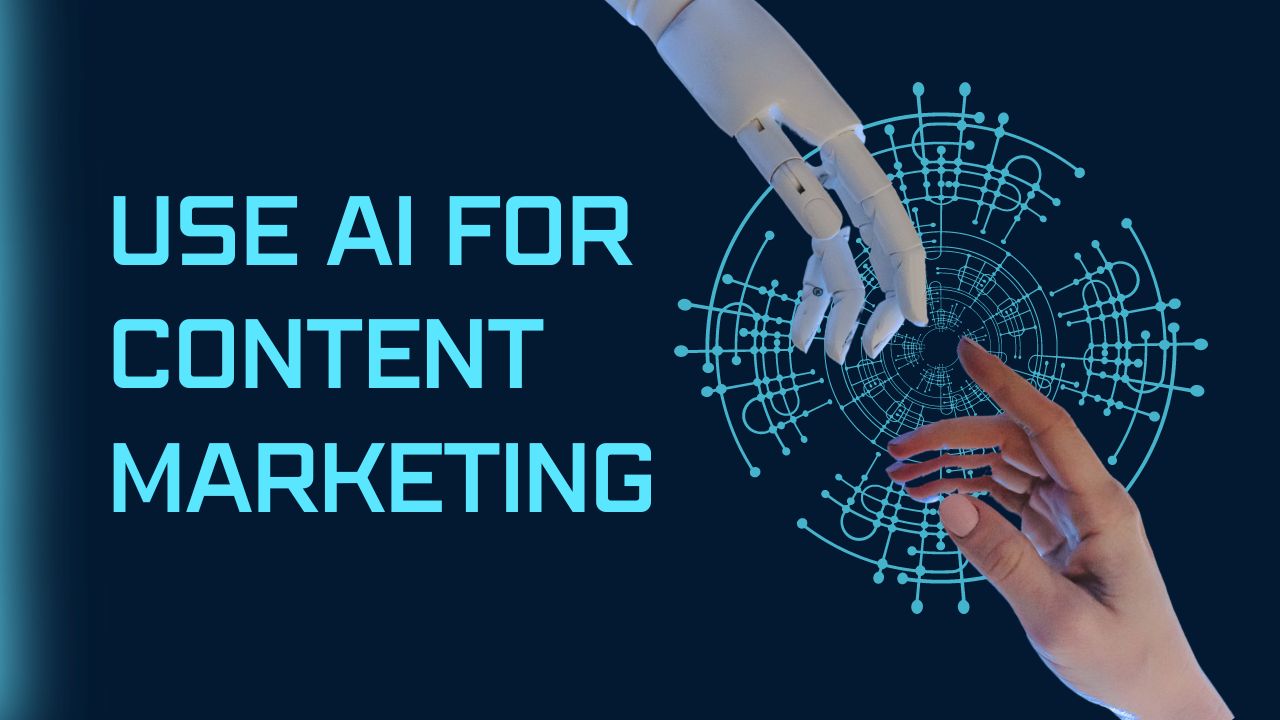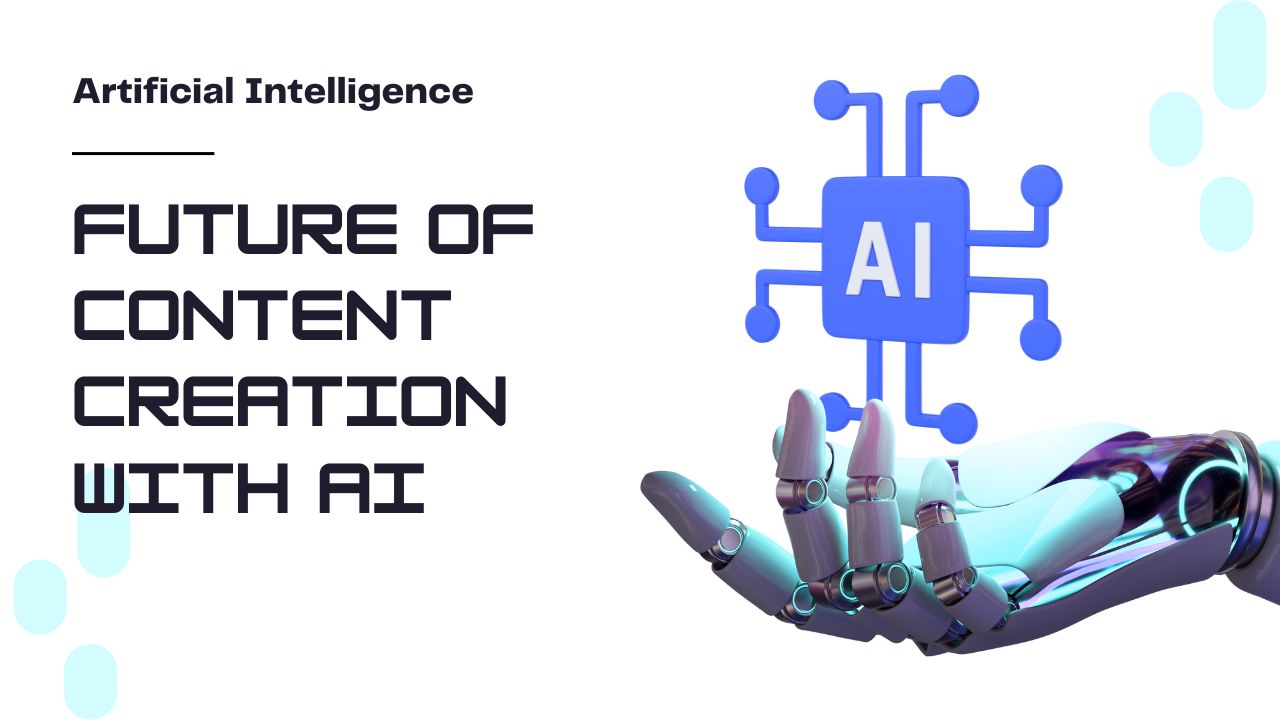In today’s rapidly evolving digital landscape, leveraging Artificial Intelligence (AI) is no longer optional for businesses looking to thrive—it’s essential. With the rise of AI technologies, online businesses can automate processes, enhance customer experiences, and gain actionable insights, ultimately leading to significant growth. This guide will explore how you can effectively grow your online business with ai in 2024.
Understanding AI’s Role in Online Business Growth
What is AI and How It’s Transforming Online Businesses?
Artificial Intelligence (AI) encompasses computer systems capable of executing tasks that traditionally require human intelligence, such as learning, reasoning, problem-solving, and natural language comprehension. In the realm of online business, AI is revolutionizing how companies engage with customers, optimize operations, and innovate product development.
As businesses increasingly embrace digital platforms, the incorporation of AI provides a significant competitive advantage. Through personalized marketing initiatives and automated customer service solutions, AI enables organizations to enhance efficiency and responsiveness to customer demands.
Key AI Technologies to Leverage in 2024
- Machine Learning: A subset of AI, machine learning algorithms analyze data patterns and make predictions based on new data. This technology can optimize various business functions, from sales forecasting to inventory management.
- Natural Language Processing (NLP): NLP allows computers to understand and interpret human language. This technology is crucial for developing chatbots and virtual assistants that can interact with customers seamlessly.
- AI-Powered Automation: Automation is one of the most immediate benefits of AI. By automating repetitive tasks, businesses can free up human resources for more strategic initiatives.
Why AI Is Essential for Business Scalability
Grow your online business with AI, so do the complexities of managing various processes. AI can scale operations by automating tasks that would otherwise require significant human intervention. This scalability not only enhances efficiency but also ensures that businesses can adapt to changing market demands without compromising service quality.
Related Post: How to Secure Your Online Business in 2024: Essential Tips
How AI Enhances Key Business Functions in 2024
AI for Marketing and Sales Optimization
Marketing and sales are the backbone of any online business. AI can significantly enhance these functions through:
- Customer Segmentation: AI analyzes customer data to identify patterns, allowing businesses to segment their audience effectively. This segmentation helps in creating targeted marketing campaigns that resonate with specific customer groups.
- Predictive Analytics: AI-powered tools can forecast sales trends, helping businesses make informed decisions. By analyzing historical data, businesses can anticipate future customer behaviors and tailor their marketing strategies accordingly.
- AI-Driven Customer Personalization: Personalization is key to customer engagement. AI can analyze customer preferences and behaviors to deliver tailored content, product recommendations, and targeted ads that enhance the shopping experience.
AI in Customer Service: Chatbots and Virtual Assistants
In 2024, customer service continues to evolve, and AI plays a vital role in this transformation.
- Instant Customer Support with AI: Chatbots powered by AI provide immediate responses to customer inquiries, improving overall satisfaction. These bots can handle multiple queries simultaneously, reducing wait times and ensuring that customers feel valued.
- Enhancing Customer Satisfaction with 24/7 Support: With AI chatbots, businesses can offer round-the-clock support. This availability not only boosts customer satisfaction but also enhances brand loyalty.
AI for Financial Analysis and Risk Management
Managing finances and assessing risks are critical for online businesses. AI helps streamline these functions through:
- Automating Accounting Tasks: AI can handle invoicing, expense tracking, and financial reporting, reducing human error and saving time.
- Fraud Detection through AI-Driven Systems: AI algorithms can analyze transaction patterns to identify suspicious activities, minimizing the risk of fraud and protecting the business’s financial integrity.
AI for Supply Chain and Logistics
Supply chain management is a complex process that requires real-time tracking and forecasting. AI can optimize these operations by:
- Real-Time Tracking: AI tools provide real-time insights into inventory levels and shipment statuses, enabling businesses to respond swiftly to changes in demand.
- Predictive Logistics: By analyzing historical data, AI can forecast potential supply chain disruptions, allowing businesses to develop contingency plans.
AI in Content Creation and SEO Optimization
Content is king in the online business world, and AI can help businesses create compelling content that drives traffic and improves SEO.
- AI-Powered Content Generation: Tools like Jasper and ChatGPT can generate blog posts, social media content, and product descriptions quickly and efficiently. This not only saves time but also ensures a steady flow of fresh content.
- SEO Recommendations through AI Tools: AI can analyze website performance and provide SEO recommendations, helping businesses optimize their online presence and attract organic traffic.
AI Tools to Grow Your Online Business in 2024
As AI technologies continue to evolve, several tools have emerged that can significantly benefit online businesses. Here are some top AI tools to consider for your growth strategy:
1. Chat-GPT: AI for Content and Communication
Chat-GPT excels in generating human-like text, making it ideal for creating engaging content and facilitating customer interactions through chat interfaces.
2. Jasper: AI for Automated Copywriting
Jasper is a powerful tool that helps businesses generate high-quality copy for ads, emails, and blog posts, significantly reducing the time spent on content creation.
3. Salesforce Einstein: AI for Sales and Marketing Insights
Salesforce Einstein provides businesses with AI-driven insights to improve sales strategies and enhance customer relationships.
4. MidJourney: AI for Visual Content Creation
MidJourney specializes in creating stunning visuals and graphics, enabling businesses to enhance their branding and marketing materials.
5. Otter.ai: AI for Meetings and Transcription
Otter.ai automatically transcribes meetings and conversations, allowing businesses to focus on key takeaways without the hassle of note-taking.
Top Strategies to Leverage AI for Business Growth
To maximize the benefits of AI in your online business, consider implementing the following strategies:
Automate Repetitive Tasks to Save Time
Identify tasks that are repetitive and time-consuming, such as data entry or email responses, and automate them using AI tools. This will free up valuable resources and allow your team to focus on strategic initiatives.
Use AI-Driven Insights for Smarter Decision Making
Leverage AI analytics tools to gather insights from customer data. This data-driven approach will enable you to make informed decisions that align with market trends and customer preferences.
Enhance Customer Experience with AI Personalization
Utilize AI to analyze customer behavior and preferences. By delivering personalized experiences, you can improve customer satisfaction, leading to increased loyalty and sales.
Scale Your Business with AI-Driven Marketing Campaigns
AI can optimize your marketing campaigns by analyzing data and adjusting strategies in real-time. This agility allows you to scale your marketing efforts effectively and reach your target audience more efficiently.
Improve Your Product Development with AI Innovations
Incorporate AI into your product development processes to analyze customer feedback and market trends. This insight can guide innovation, ensuring that your offerings meet customer needs.
The Future of AI in Online Business: What to Expect Beyond 2024
As we look to the future, AI will continue to evolve, bringing new opportunities and challenges for online businesses.
Emerging Trends in AI for Online Business
- AI in eCommerce: Expect more personalized shopping experiences driven by AI algorithms that analyze customer behavior and preferences.
- AI for Mobile Optimization: As mobile shopping continues to rise, AI will play a crucial role in optimizing mobile experiences, ensuring seamless navigation and checkout processes.
How AI Will Shape the Future of Customer Experience
The integration of AI will allow businesses to offer even more personalized experiences, anticipating customer needs before they arise. This proactive approach will set successful businesses apart from their competitors.
Ethical Considerations When Using AI in Business
While AI presents numerous benefits, ethical considerations must guide its implementation. Businesses should prioritize transparency, data privacy, and responsible AI usage to build trust with customers.
Conclusion: Embrace AI for Sustainable Business Growth
In 2024, lear grow your online business with AI is vital for any online business seeking growth. By automating tasks, enhancing customer experiences, and leveraging data-driven insights, businesses can thrive in an increasingly competitive landscape. Embrace AI not just as a tool but as a partner in your journey toward sustainable growth.
Frequently Asked Questions
What Are the Key Benefits of AI for Online Businesses?
AI enhances efficiency, personalizes customer experiences, automates repetitive tasks, and provides data-driven insights, making it a powerful ally for online businesses.
How Can Small Businesses Afford AI Implementation?
Many AI tools offer scalable pricing options, allowing small businesses to start with essential features and expand as they grow. Additionally, free or low-cost AI solutions can provide significant benefits without a hefty investment.
What’s the ROI of Investing in AI for Online Business?
The ROI from AI can be substantial, with businesses reporting increased sales, improved customer retention, and reduced operational costs. The precise ROI will vary based on the specific tools and strategies implemented.
How Can AI Help My Business Scale in 2024?
AI streamlines operations, enhances customer interactions, and provides actionable insights, all of which are essential for scaling your business effectively in a dynamic market.
What Are the Best AI Tools for Online Business Owners in 2024?
Some of the best AI tools include Chat-GPT for content generation, Salesforce Einstein for sales insights, Jasper for copywriting, MidJourney for visual content, and Otter.ai for transcription services.


